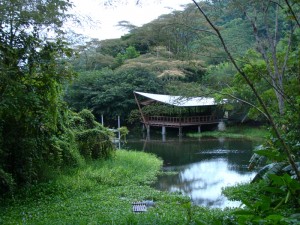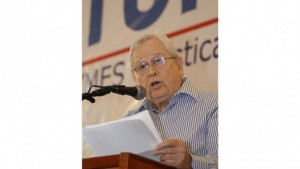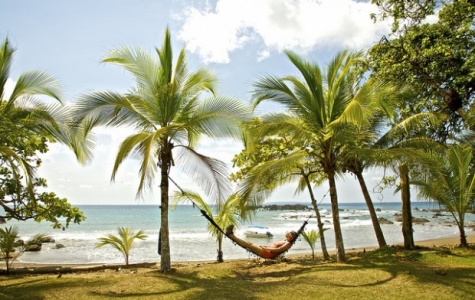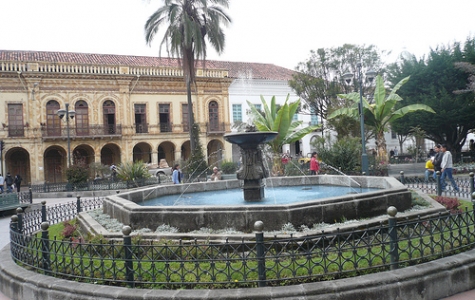
Photo Credit: Rancho Marget
Carbon Negative in Costa Rica
In 1974, 23-year-old Juan Sostheim was tapped as director of Burger King in Europe. He opened the company’s first franchises on the continent and introduce millions to a phenomenon known as the “Whopper.”
Today, the former fast food king has traded in his crown for a new title: owner of Costa Rica’s first carbon-negative company, a sustainable farm and eco-resort known as Rancho Margot.
“What I’m doing today is basically the sum of my experiences,” say Sostheim. “I understand it’s a little bit crazy, but I think it should give people some hope that we all can change.”
Certified as “carbon negative” by Carbon Clear of Austin, Texas, Rancho Margot is a sprawling, 400-acre experiment in sustainable living. “We produce our own food,” Sostheim says. “We make our own furniture. We produce our own energy – electricity and cooking gas. We use compost waste and heat water with it. At the same time, we produce a luxury environment for people to come enjoy themselves.”
But the resort is much more than a guilt-free paradise. Working with a staff of about 45 people and some 10 to 15 rotating volunteers, Sostheim has created what he calls a “living university.” Throughout the year, he hosts more than 50 universities in the U.S. and Costa Rica, offering lectures and tours of the farm’s sustainable engineering innovations. He also offers Spanish immersion classes for foreign students – both resort guests and volunteers. And, finally, he’s just launched a college course in sustainable local tourism.
With the government’s support, this year he awarded 20 scholarships for Costa Rican students eager to earn two-year associate’s degrees in hotel management.
Rancho Margot started nine years ago when the one-time Burger King exec bought a cow pasture in what once was a Costa Rican rain forest. “I came in here and I didn’t want to be holier than the Pope,” he says. “What I wanted to do was grow my own food. What I wanted to do was to live among nature with nice things.”
But having fallen in love with the place, he adds, “I obviously was inspired to do more.”
Today Rancho Margot is considered a leading example in sustainable development. In a recent interview, Costa Rican congresswoman Mireya Zamora proclaimed Sostheim’s achievement an example for the country at large.
But Sostheim’s mission is far from over. Having proven a resort can be both sustainable and profitable, he’s now transitioning Rancho Margot into a teaching community – one still catering to tourism, but not dependent on it. His vision: a residential community for roughly 100 families to live and work on the ranch. By collaborating and growing with the local population, Sostheim hopes to create a prosperous and fully integrated community able to sustain itself for generations.

Off-season small hotel occupancy rates hovered around 60%, reports the Nicaraguan Institute. The areas in high demand include Leon, Granada, Chinandega, and the Atlantic Coast.

When IRA’s (Individual retirement accounts) were introduced in 1974, they seemed to be the dream shelter for reducing taxable income. The funds were handed over

Cuenca, Ecuador Named Top Expat Destination for 2013 The world’s top retirement spot? In truth, it depends on you. There are many appealing options for